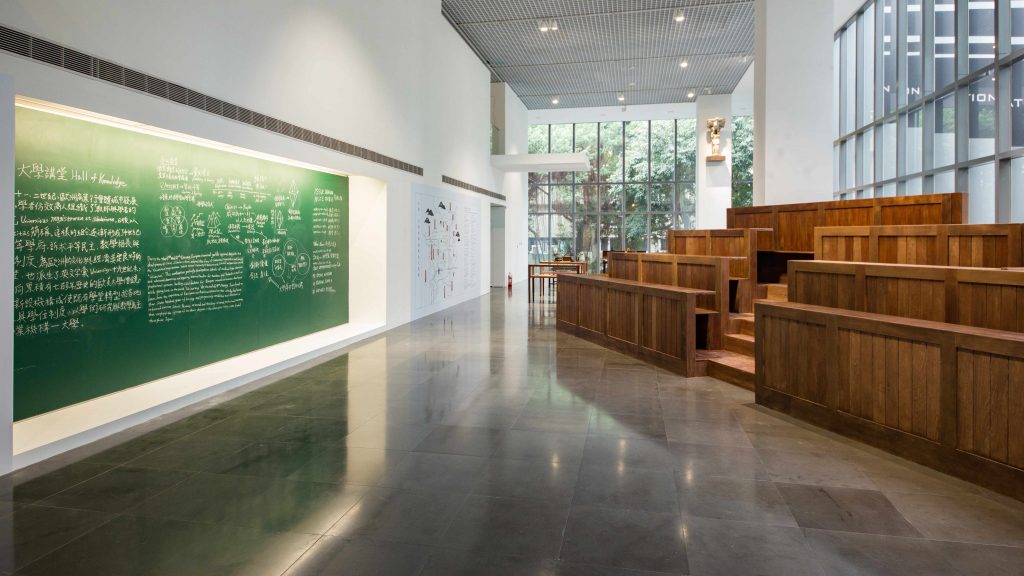
National Taipei University of Education, Taiwan
MoNTUE, THE MUSEUM OF NATIONAL TAIPEI UNIVERSITY OF EDUCATION Continue reading → “COLLECTION OF THE MONTH: MoNTUE, Taipei”

National Taipei University of Education, Taiwan
MoNTUE, THE MUSEUM OF NATIONAL TAIPEI UNIVERSITY OF EDUCATION Continue reading → “COLLECTION OF THE MONTH: MoNTUE, Taipei”

See preliminary programme and more information here.
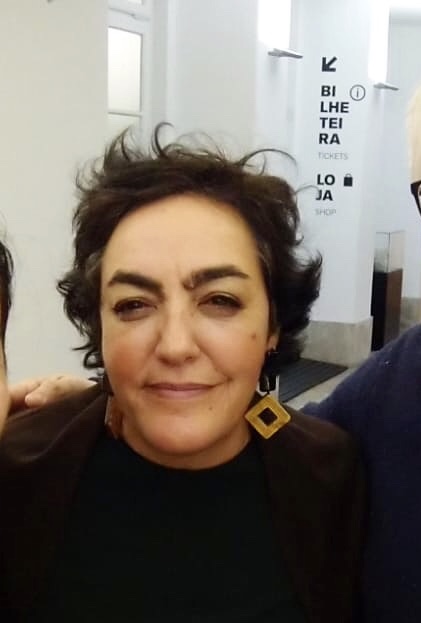
As the year draws to an end, I am writing to convey my very best wishes and sincere thanks for your support in 2018.
This year was very rich. The activities promoted by UMAC around the world were too many to enumerate here. They covered education/training, advocacy, networks and research in Brazil, Mexico, the US, Poland, China, Italy, Chile, Russia, Paraguay, and so many others. The global community of university museums and collections is increasingly well organised and we want to hear more from you through our mailing-list, website, and social media. One of the reasons UMAC exists is to give an effective global voice to your national, regional and local initiatives.
Just 3 or 4 highlights for the record.
The latest issue of our journal UMACJ (No. 10) was one of the largest ever. The same happened with the number of candidates to the UMAC Award 2018 — won by the Perm University History Museum (Russia) (by the way, you still have time to make your nomination to the UMAC Award 2019).
UMAC has launched new leaflets in English, French, Spanish, Farsi, Chinese and Japanese (so far). They are gorgeous. See them here, print them, and use them.
UMAC has consolidated partnerships globally (ICTOP) and nationally, in the Americas (AAMG, ICOM-Brazil, ICOM-Paraguay, ICOM-Mexico), Europe (Universeum) and Asia (Shanghai Jiao Tong University, the Chengdu University of Electronic Science and Technology, Shanghai University, Kyoto University Museum Association).
This year, UMAC has been (again!) inspired by university museum networks that we are supporting in multiple countries and territories (see them here). We’re particularly delighted to have welcomed back the Brazilian Network of University Museums, created in 1992, to the international community.
Young professionals have been outside the radar of UMAC for too long. Well, no more. Following an inspiring and quite unorthodox proposal from the bases, the UMAC general assembly in Miami unanimously approved the creation of UMAC Futures: a forum not only for young university museum professionals but also for discussions about the future of UMAC itself. You will meet them in Kyoto, but meanwhile read more about their approach here. We expect amazing things from them!
Not everything was great in 2018, however.
Several university museums and collections became under threat due to lack of funds, staff or interest, and some were even abandoned or closed. Three high profile cases have required UMAC’s attention last year: the Shattuck Observatory (1853) at Dartmouth College (US), the two Museums of the University of Kinshasa (DR Congo) and the Bishop Otter Gallery at the University of Chichester (UK). But there were others. We need to continue to insist on responsibility and public access because vulnerability is a permanent state for museums, collections and heritage in universities. What seems stable today may not be stable tomorrow.
2018 was also the year one of the largest university museums in the world — the National Museum, Federal University of Rio de Janeiro — was partly destroyed due to a fire. The shock was overwhelming and global, most likely because the tragedy reminded every single one of us that it could have happened anywhere. The support was also global — it came from museums, ICOM, UMAC, Universeum, the cultural sector and governments.
Coincidentally, a team of palaeontologists from the National Museum was in Lisbon just before Christmas and although it’s true that no museum can ever recover from such a thing, I can tell you that our colleagues in Rio are doing an extraordinary work (the methodology of which I have been encouraging them to publish). Several hundreds of items initially thought to be lost have already been recovered after three months of systematic and painstaking work. The UMAC community will continue to be here for the National Museum in 2019 and more years to come.
Here is why I think we should be excited about 2019.
First, we will have our annual conference in beautiful Kyoto, Japan, UMAC 2019 (1-7 September), integrated in the 25th ICOM General Conference, with an extension to Tokyo (9-10 September).
With the help of UMAK — the University Museum Association of Kyoto — we were probably the first ICOM committee to publish our preliminary programme. The call for papers closes January 31. Travel grants do exist, but only for UMAC members (what are you waiting for?! Join UMAC here).
Second, in 2019 we will have our very own UMAC app for iOS and android. Developed by students from the Chengdu University of Electronic Science and Technology in China, the app will harvest data from UMAC’s World Database to make university museums and collections more visible to travelers and tourists everywhere in the world. It will be amazing (believe me, I already have the prototype in my phone).
Of course, your museum or collection needs to be in the UMAC World Database otherwise it will be left out. We will inform you about the data freeze in advance, but it’s not too soon to update/upload your museum.
Third, in 2019 we will complete the first ever Global Systematic Survey of University Museum Professionals, a research project promoted by UMAC in partnership with ICTOP, AAMG and Universeum, and supported by ICOM Special Projects. Some preliminary results are already online, but we have to come back to you because some important countries had very low response rates (e.g. Germany, China, Japan). A publication will come out in 2020.
2019 is also an election year for the Executive Board of ICOM and the UMAC Board (Kyoto). I profit this opportunity to enthusiastically encourage all UMAC active members to participate. Our Election Committee will soon inform about procedures and dates.
So, there will be plenty of opportunities for engagement at international level. You can also follow us on Twitter, Instagram, WeChat and FB.
Dear friends, to conclude.
I am joined by the UMAC Board in thanking you for your contribution towards the mission and activities of UMAC. I am particularly grateful to everyone involved in the initiatives I mentioned in this message (editors, researchers, authors, translators, designers, chairs, working group members, organisers, participants). I look forward to meeting even more of you in the coming year, in Kyoto or anywhere else in the world, and I wish you a VERY HAPPY 2019.
30 December 2018
Marta C. Lourenço, UMAC Chair
University of Lisbon
There is a new travel grant opportunity to attend the UMAC 2019 in Kyoto, Japan.
UNTIL 6 January 2019.
See all the details here.
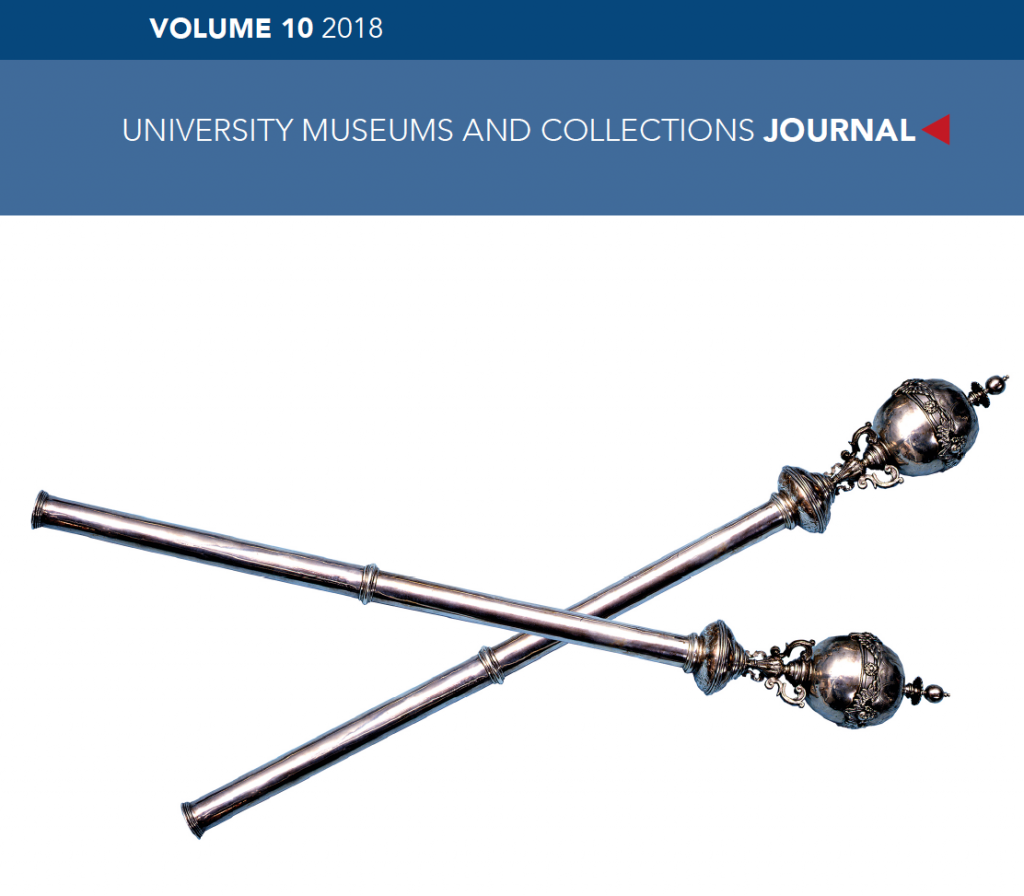
The latest issue of UMACJ — University Museums and Collections Journal — has just been released.
Edited by Panu Nykänen, Barbara Rothermel and Andrew Simpson, UMACJ 10 comprises a selection of papers from UMAC’s Annual Conference in Finland in 2017, featuring case studies from university museums and collections in Albania, Australia, Estonia, China, Greece, and many others.
The issue also includes a special article by Panu Nykänen offering some perspectives on the formation of UMAC in 2001.
UMACJ is an open access journal and No. 10 can be downloaded here.
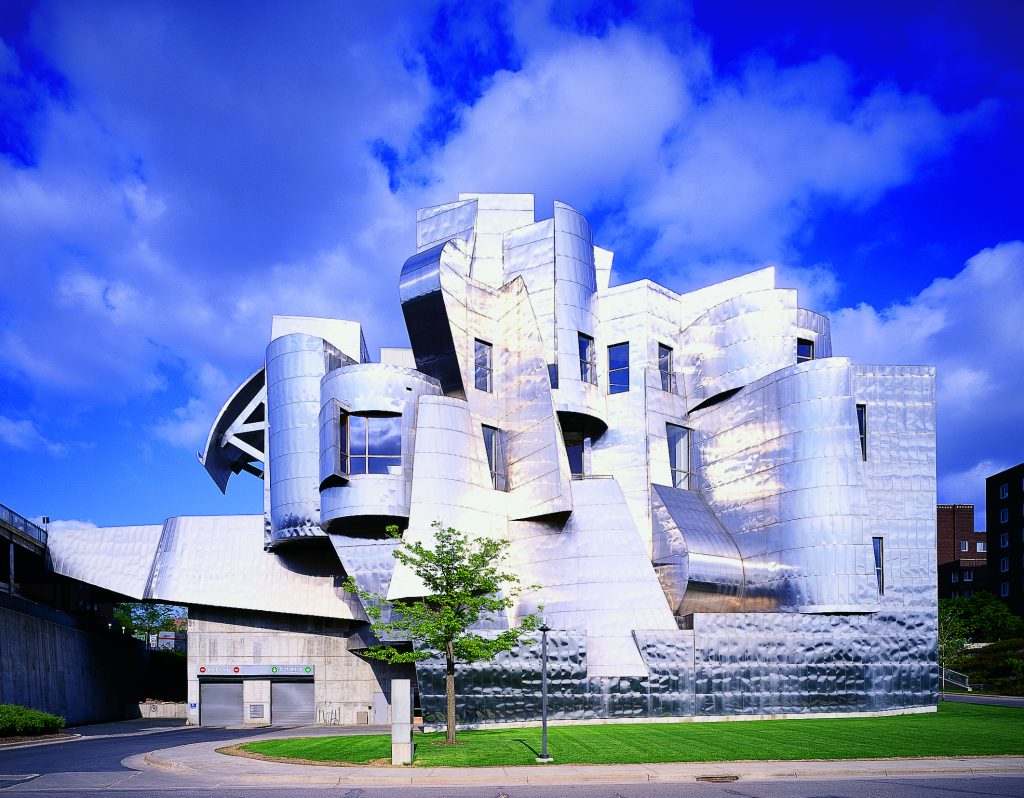
University of Minnesota, USA
WEISMAN ART MUSEUM Continue reading → “COLLECTION OF THE MONTH: WEISMAN ART MUSEUM, MINNEAPOLIS”
The Challenges of Museum Collections Today: Call for ICOM-ITC grants
ICOM, ICOM China and the Palace Museum award full and partial grants to attend the upcoming workshop of the ICOM International Training Centre for Museum Studies (ICOM-ITC), which will be held in Beijing, China, from 10 to 18 April 2019.
Read more.
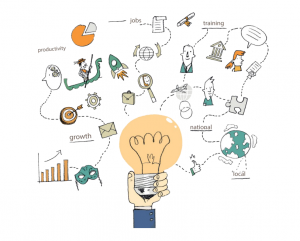
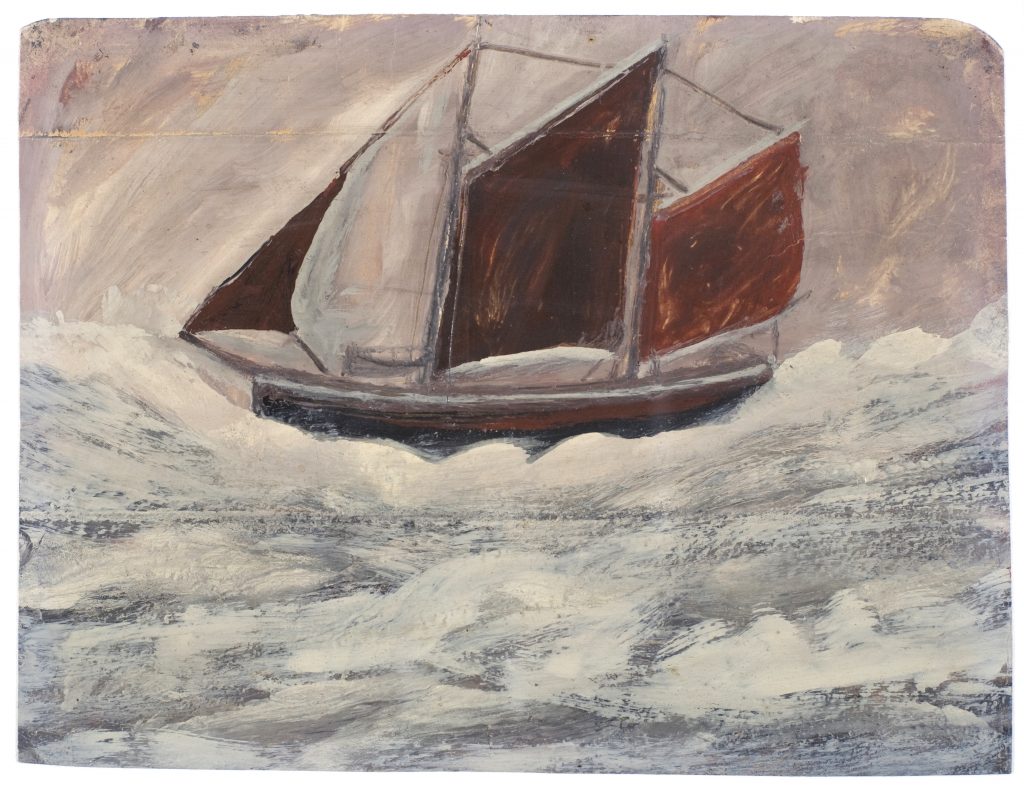
University of Chichester, UK
Otter Gallery Continue reading → “COLLECTION OF THE MONTH: OTTER GALLERY, CHICHESTER”
Marta Lourenço, UMAC President, sent a message to the participants of the International Meeting Organismos Museologicos Hiperconectados, next week in Paraguay.
Read the message here (in Portuguese).